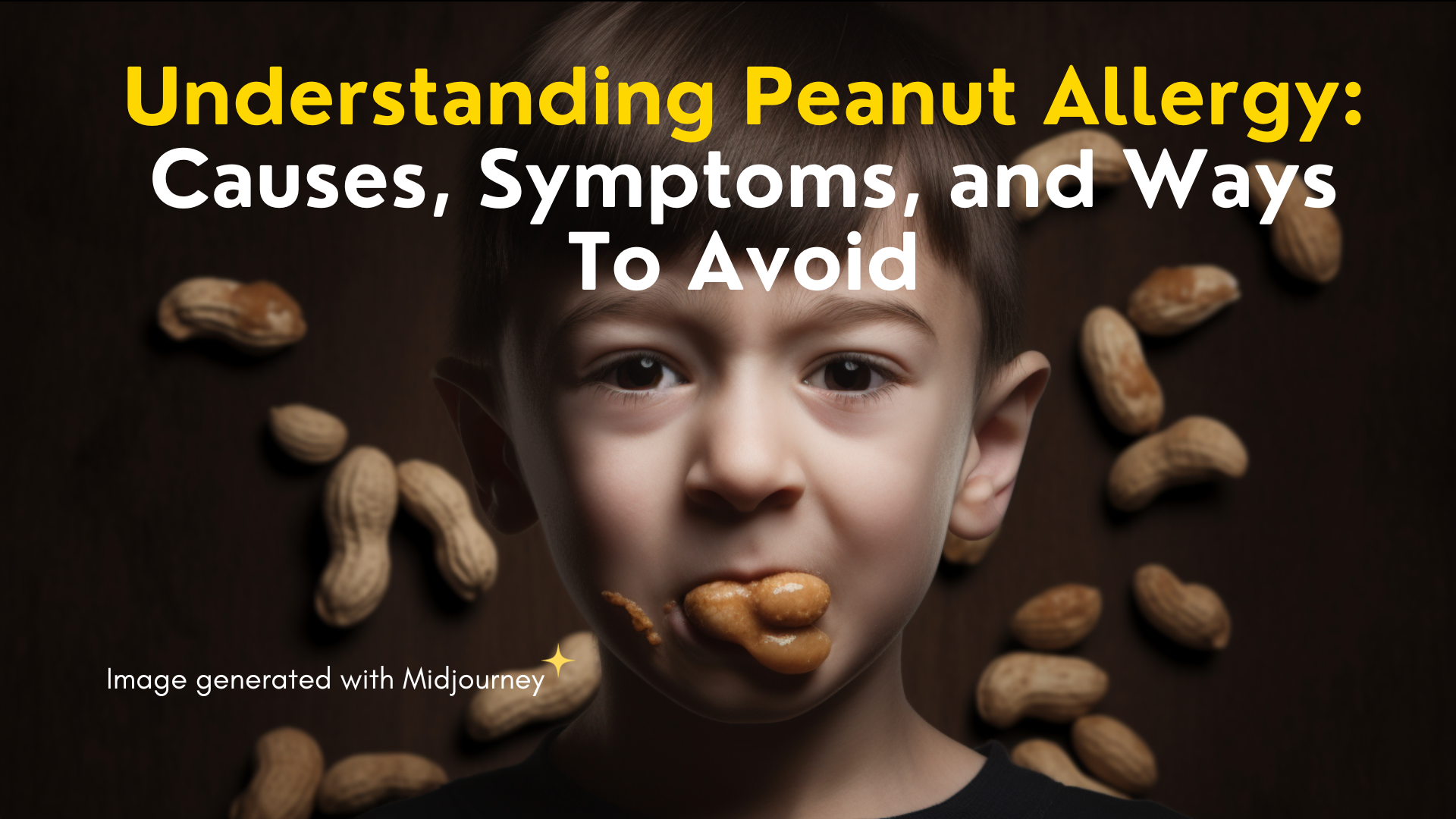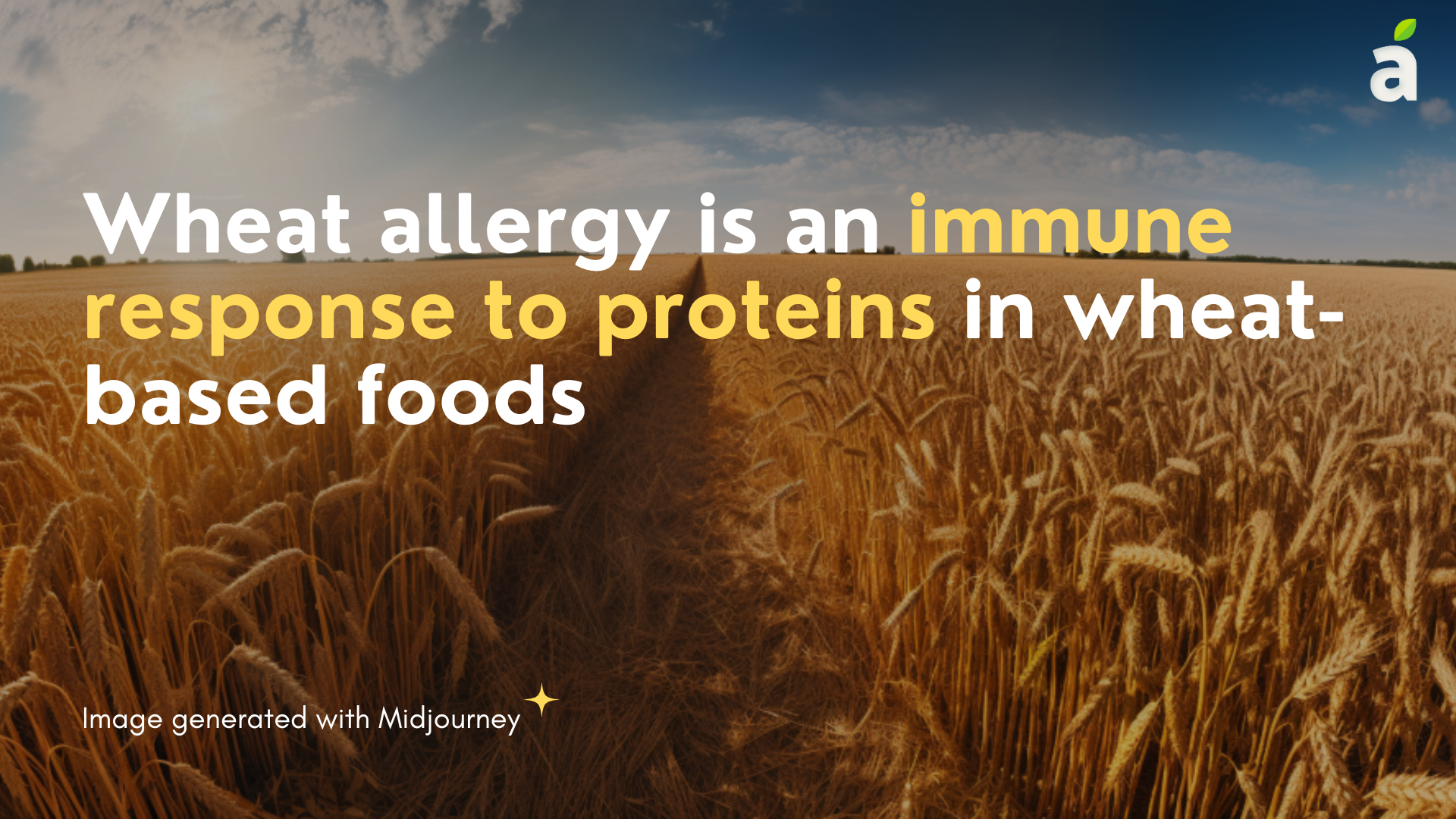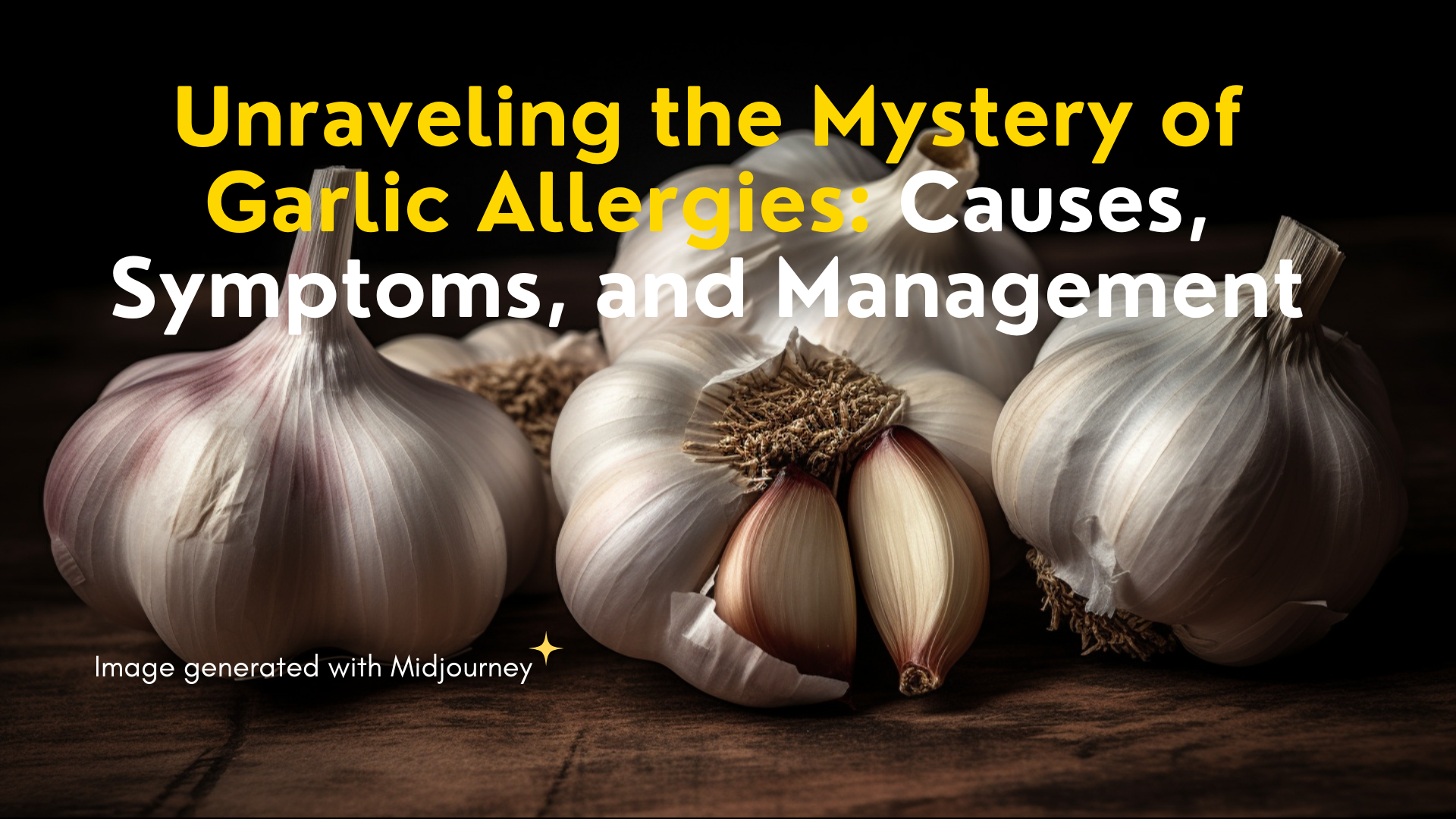Published Date January 24, 2003
Decrypting the Egg Allergy Mystery
By Naurin Ansari
3 min read
Last update date: January 24, 2011

If you're someone who has an egg allergy, you may be familiar with the challenges of being hypersensitive to the proteins found in eggs. In this blog, we'll explore the causes of egg allergy, how your immune system responds to it, and the various symptoms that can arise in individuals like yourself who have this condition.
What is Egg Allergy?
If you or your child has an egg allergy, you may be aware that it is a common food allergy, particularly among children. Symptoms usually arise shortly after consuming eggs, including skin rashes, hives, nasal congestion, vomiting, and digestive difficulties. In severe instances, egg allergy can even result in anaphylaxis, which is a life-threatening reaction.
Your immune system identifies egg proteins as harmful and initiates an allergic response by releasing chemicals such as histamine. It's worth noting that egg allergy often emerges during infancy but typically resolves by early adolescence.[1]
Symptoms of Egg Allergy
After consuming eggs in any form, you may notice several signs indicating an allergic reaction:
- Gastrointestinal symptoms: You might experience vomiting, constipation, indigestion, diarrhoea, and stomach cramps.
- Respiratory symptoms: You could have difficulty breathing, wheezing, repeated coughing, and a hoarse voice with throat tightness.
- Skin reactions: Hives, swelling, and paling of the skin may occur.
- Eye symptoms: Your eyes may become watery, itchy, and swollen.
- Cardiovascular symptoms: You may experience a rapid heartbeat, low blood pressure, and dizziness.
It's important to note that the severity of egg allergy can vary. You might have mild symptoms like skin reactions and gastrointestinal discomfort, or you may experience more severe symptoms like anaphylaxis. Anaphylaxis is a potentially life-threatening allergic reaction that demands immediate medical attention. It is characterised by difficulty breathing, a drop in blood pressure, rapid pulse, and loss of consciousness.[2]
Diagnosis and Management of Egg Allergy
If you suspect you have an egg allergy, several diagnostic methods can help confirm it:
- Skin Prick Test: Allergy specialists can perform a skin prick test by introducing egg proteins into your skin and observing the development of a raised bump or hive, indicating an egg allergy.
- Blood Test: A blood test can measure specific antibodies in your bloodstream that indicate an allergic reaction to eggs.
- Food Challenge: Under the supervision of an allergy specialist, you may undergo a food challenge where a small amount of egg is given to assess any adverse reactions.
- Food Tracking or Elimination Diet: Keeping a detailed food diary and gradually eliminating suspected allergens, including eggs, from your diet can help identify if eggs are the trigger for your allergic reactions.
To effectively manage your egg allergy, consider the following strategies:
- Read food labels carefully: Make it a habit to check food labels for hidden sources of eggs to avoid them.
- Make dietary adjustments: Explore suitable substitutes or plant-based alternatives to replace eggs in recipes.
- Prevent cross-contamination: Take precautions to prevent cross-contact with eggs in the kitchen and dining areas to minimize the risk of exposure.
- Educate and communicate: Inform others about your egg allergy to create a safe environment and ensure they understand the precautions needed.
- Emergency preparedness: Always carry an epinephrine auto-injector and have an emergency plan for severe reactions.
Consulting with an allergy specialist is crucial for accurate diagnosis, personalized management strategies, and safely navigating your egg allergy.[3][4]
Takeaway
If you have an egg allergy, it's important to recognize that it can be a significant concern for you. Understanding the causes of egg allergy, being able to identify the symptoms, and implementing effective management strategies are crucial for ensuring your safety and well-being. By taking necessary precautions and seeking medical guidance, you can make informed dietary choices and minimize the risk of experiencing allergic reactions. Remember, with proper care and attention, you can lead a safe and healthy life despite having an egg allergy.
References
- https://www.mayoclinic.org/diseases-conditions/egg-allergy/symptoms-causes/syc-20372115#:~:text=Eggs%20are%20one%20of%20the,vomiting%20or%20other%20digestive%20problems
- https://acaai.org/allergies/allergic-conditions/food/egg/
- https://www.mayoclinic.org/diseases-conditions/egg-allergy/diagnosis-treatment/drc-20372119#:~:text=Skin%20prick%20test.,and%20interpret%20allergy%20skin%20tests.
- https://www.webmd.com/allergies/egg-allergy
Keep reading

Cracking the Peanut Allergy Puzzle
By Naurin Ansari

Unmasking Kiwi Allergy and the hidden dangers
By Team Ariso

Wheat Allergy and Debunking the Wheat-Gluten Myth
By Naurin Ansari

Garlic Allergy: Signs and Symptoms
By Team Ariso
Choose Healthy With Us.
Know the real truth about your food. Stay informed and healthy, for free.

Download the App Now
Certified nutritionists trust our food recommendations. Safe to say, so can you :)









